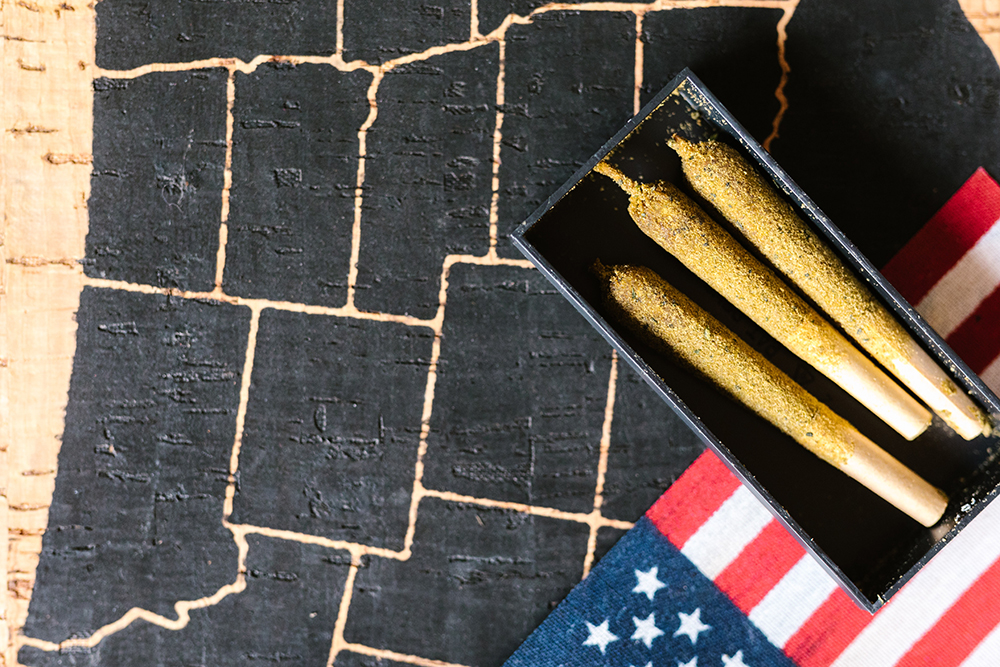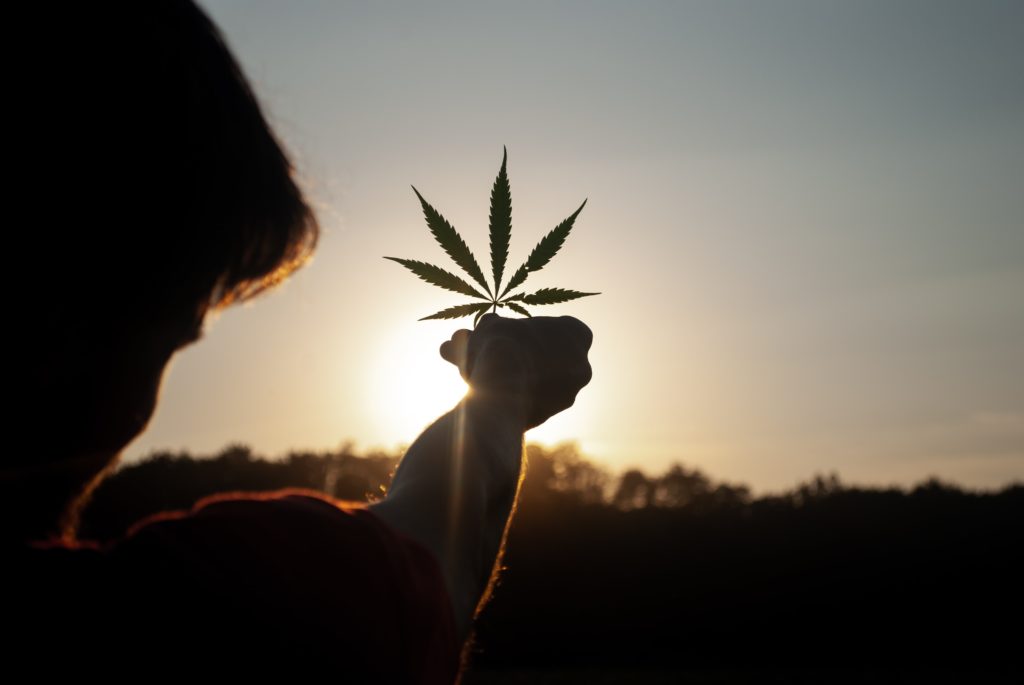While marijuana was illegal everywhere in the country in the early 90s, more than half of the country has since made some form of marijuana legal, including both medical marijuana and marijuana used for recreational purposes. Support for the drug’s legalization only continues to increase, and the process of legalization will likely continue. Despite this incredible change, though, the idea of legal marijuana remains controversial.
Recreational Vs. Medical Marijuana
Marijuana has two major active chemicals in it: THC and CBD. THC is a psychoactive chemical. It is responsible for the drug’s “high.” CBD has a number of psychological and other medical effects. Medical marijuana has higher levels of CBD levels and lower levels of THC. Recreational marijuana usually has more THC.

A Brief History of Marijuana Legalization in the U.S.
1996: California passes Proposition 215, making it the first state to legalize medical marijuana for people with a doctor’s prescription for it. While Arizona also legalizes medical marijuana this year, the ballot was ruled invalid later. Several other states follow California’s lead and legalize medical marijuana in the next few years.
1998: Congress stops Washington DC’s attempt to make medical marijuana legal.
2003: California passes a law making it illegal to punish doctors for prescribing marijuana, closing a loophole that was being used by opponents of legalization to circumvent its 1996 law.
2009: Congress permits Washington DC to make medical marijuana legal. The White House recommends that there should be no federal prosecution of anyone who distributes marijuana in states where it is legal.
2012: Both Washington and Colorado legalize marijuana for recreational purposes, the first states to do so. Other states follow their lead in the following years.
2016: California makes recreational marijuana legal.
2018: Vermont’s legislature legalizes recreational marijuana without a ballot initiative, the first state to do so.

Arguments against Legalization
Despite being legalized in many states, marijuana is still illegal at the federal level and in many other states. Opponents of legalization often argue that the drug causes harm to its users, and that it can be a gateway to more dangerous drugs. They also argue that society as a whole benefits from the drug being kept illegal, as it keeps more people in the workforce and off of public assistance.
Arguments for Legalization
Supporters of legalization often argue that marijuana has been scientifically proven to be much less dangerous than alcohol and tobacco, which are both legal. They point out that the drug has many health benefits, including protecting against some forms of cancer. They also argue that the tax revenues generated by legal marijuana are enormous, and that that enforcement of anti-marijuana laws is very expensive, almost completely ineffective, and often racist in its implementation. They further point out that legalization would reduce crime, even violent crime. Finally, many supporters argue that it is a violation of citizens’ rights for the government to make it illegal in the first place.

The Future of Marijuana Legalization
Most of the opponents of legalization are members of the oldest generations. Most of the supporters are members of the youngest generations. Support for legalization will therefore continue to rise. Furthermore, those states that have legalized marijuana have been rewarded with enormous financial benefits, and this source of revenue is not as politically risky as raising taxes is. Additionally, the dire predictions made by many opponents have not come true in states that have legalized it. Finally, the number of states that have a financial stake in legal marijuana is high and getting higher. It seems likely that it will eventually be legalized at the federal level.

